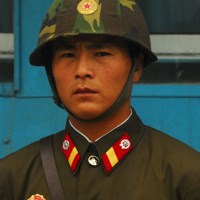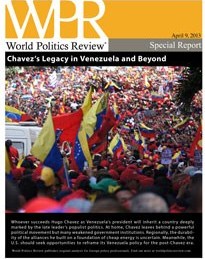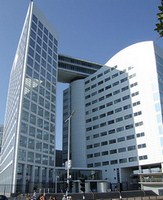
In his recommendations for the United States to become more actively involved in determining the outcome of the Syrian civil war, Sen. Bob Corker, the ranking Republican member on the Senate Foreign Relations Committee, has fallen victim to one of the more seductive temptations that regularly befall American policymakers: that with enough aggressive leadership and a healthy application of technological acumen, Washington can get other actors to align themselves with and then execute U.S. policy objectives. Summed up, Corker’s policy strategy is to locate the elusive Syrian moderates who, once armed, trained and equipped by the United States, will in […]









